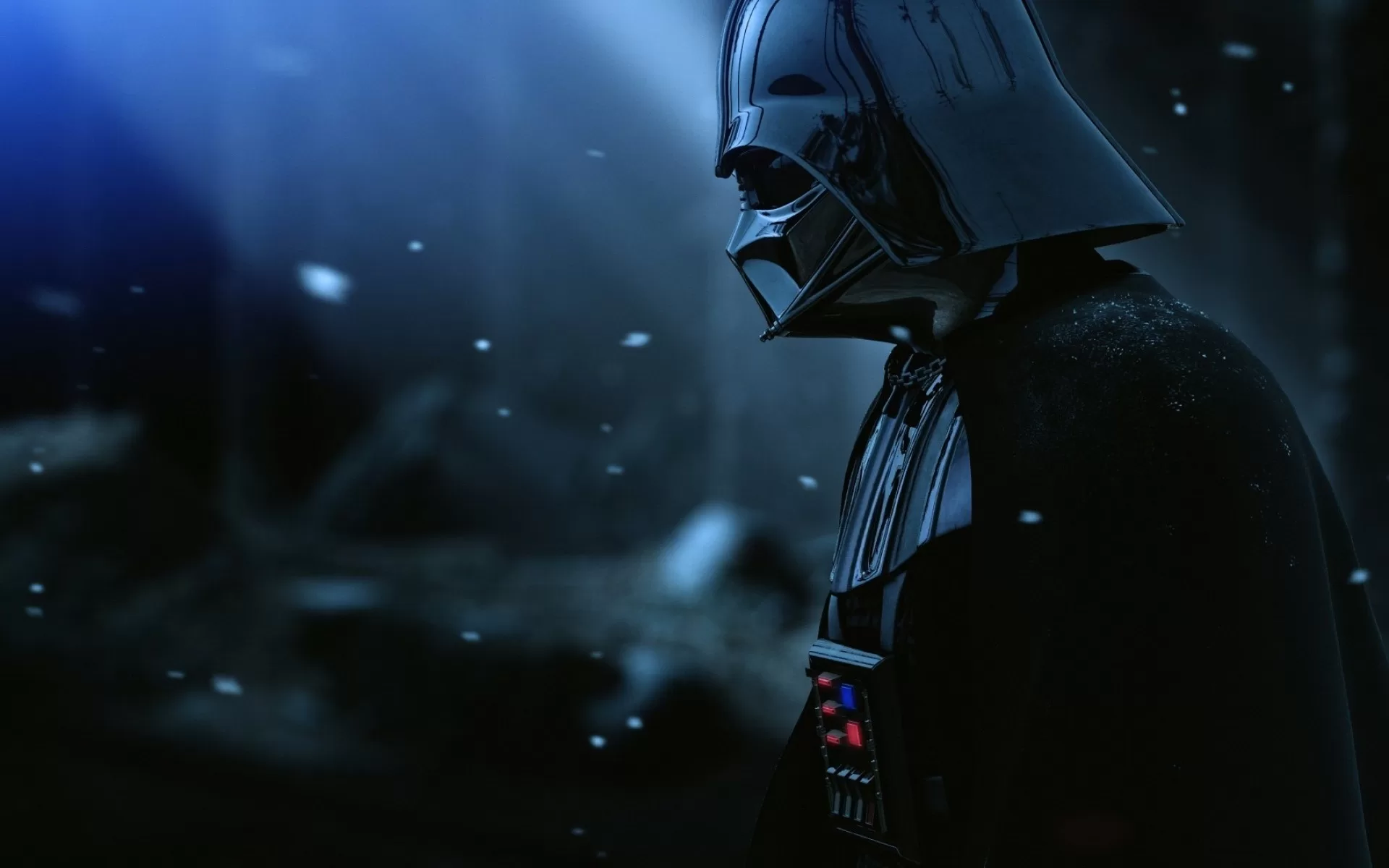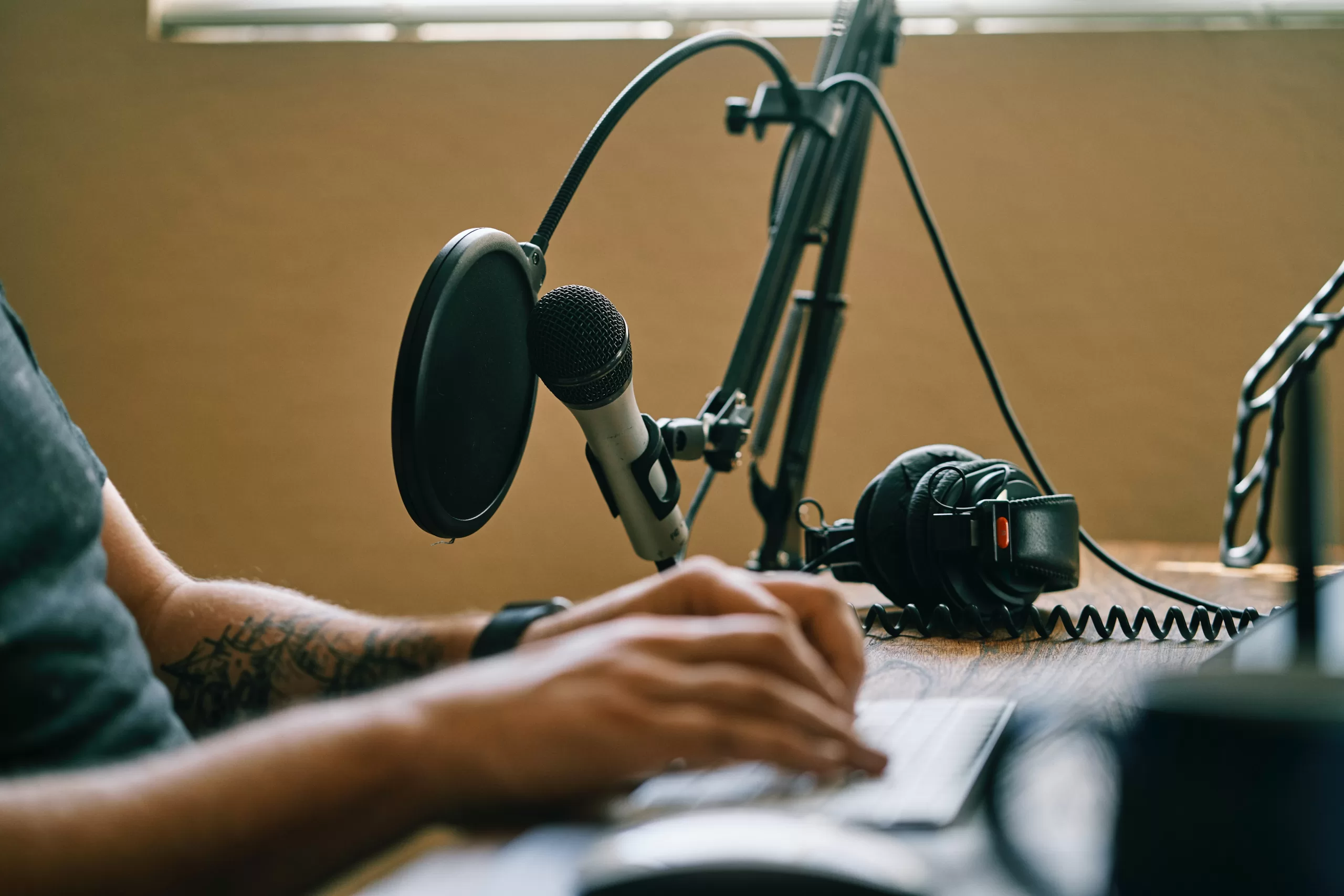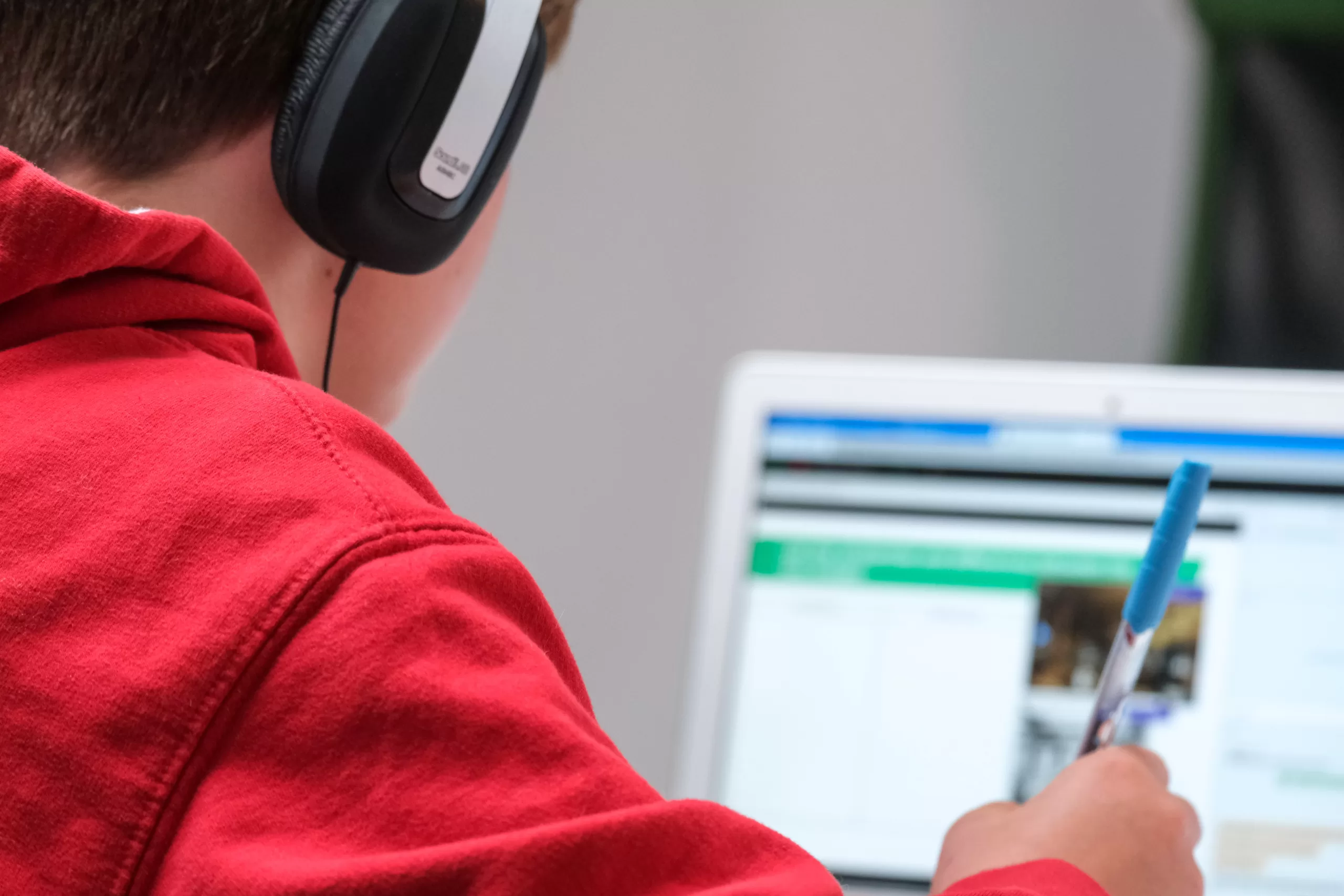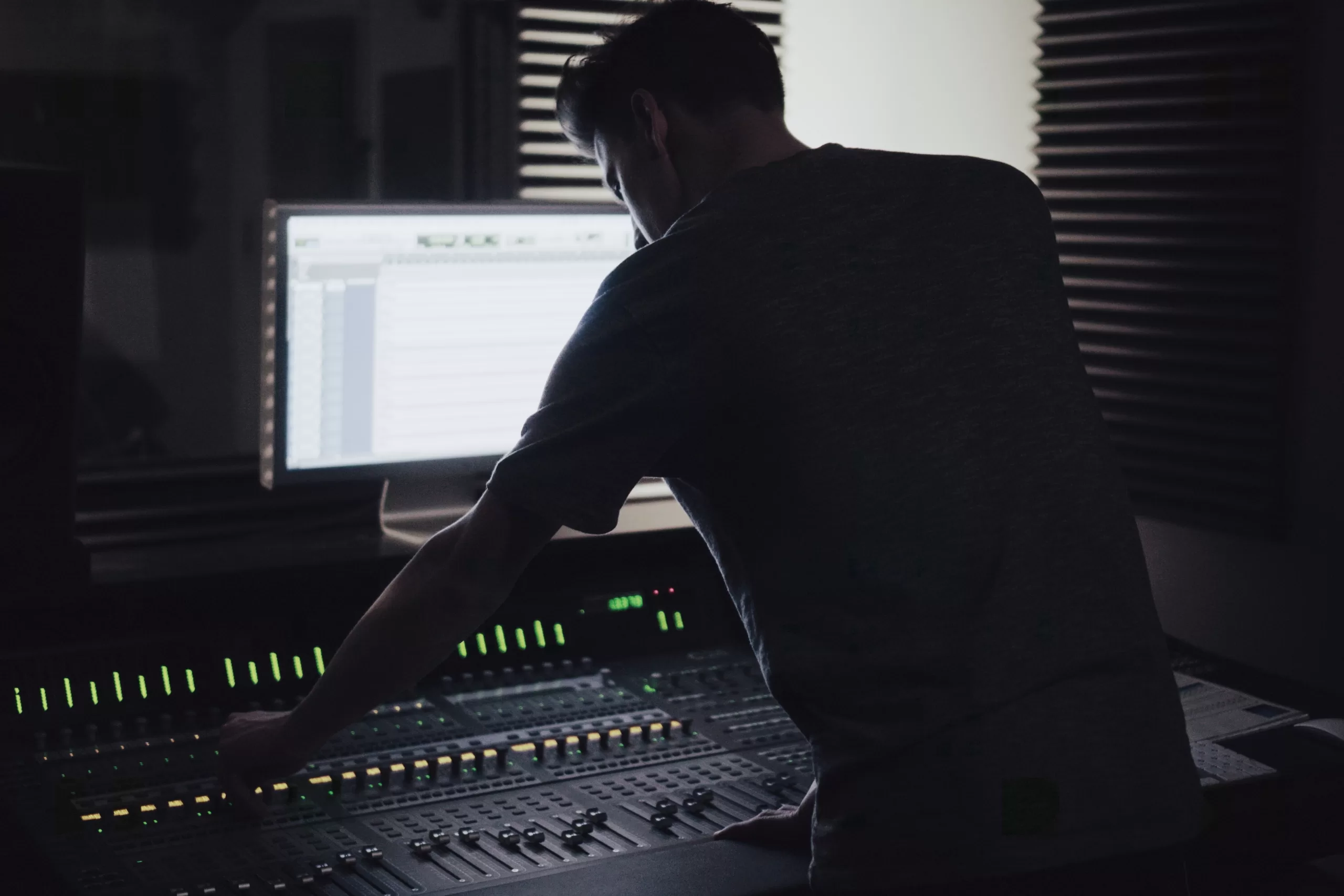Smartphones have generally replaced on the go music devices, cameras and even TVs, but could they be used for learning?
Mobile learning, or mLearning, may soon become a new professional development medium that forms part of workplace flexibility, because it provides a more flexible learning experience for employees.
mLearning can allow employees to learn at their own pace, or refresh their memory via simple how-to guides. Mobile Learning can also provide a personalised training experience to help keep employees engaged.
For Millennials and Gen Z who have grown up with mobile tech, the need for businesses to adapt training and development methods will be imperative for a flexible and engaged workforce into the future.










